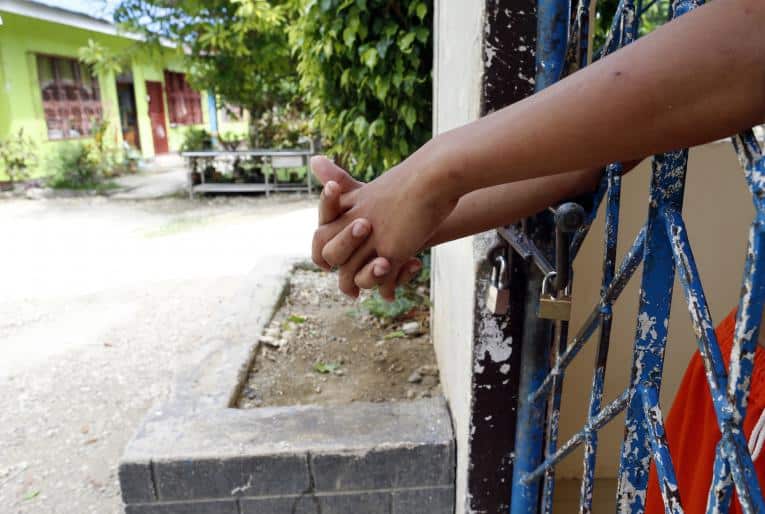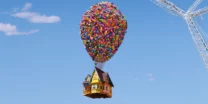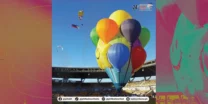MANY were shocked when a 15-year-old student stabbed dead a 13-year-old schoolmate inside the Culiat High School in Quezon City last week.
The violent incident in a learning institution prompted calls for tighter security in schools as well as reminders to school officials to be vigilant about the problems and experiences of their students.
Reports said police have filed a murder complaint against the 15 year old boy.
Generally, Republic Act 10630, which strengthens the juvenile justice system, gives leeway to children who commit offenses. But it provides certain exceptions.
Young offenders
Under RA 10630, children who are 15 years old and younger at the time the offense “shall be exempt from criminal liability.”
But some of the children will have to undergo an intervention program or be placed in a special facility for offenders, depending on their age and gravity of their action.
Children who are above 15 but below 18 are also exempt from criminal liability and will be subjected to an intervention program, unless they have “acted with discernment,” in which case they may face criminal cases.
Acting with discernment means they have the capability to distinguish between right and wrong.
The exemption from criminal liability does not include exemption from civil liability.
What to do with the kids?
The law states that these children 15 years old and below must be released to the custody of their parents, guardian or nearest relative after being taken by authorities.
The children will then be subjected to a community-based intervention program supervised by the local social welfare and development officer, unless their best interest dictates that they be referred to a a youth care facility or Bahay Pag-asa managed by the local government or an accredited non-government organization.
In case the parents, guardians or relatives of the children are not available, they may be released to a duly-registered NGO or religious organization, a barangay official, and a local social welfare and development officer.
If the children are found to be abandoned, neglected, or abused by their parents and would need to be placed in Bahay Pag-asa, their parents should execute a written authorization for the child’s voluntary commitment. If they fail to do so, a proper petition for involuntary commitment should be filed.
The minimum age for commitment to Bahay Pag-asa is 12 years old.
More serious crimes
What about children who committed serious crimes and are exempt from liability?
Children who are above 12 years old and up to 15 years old who commit parricide, murder, infanticide, kidnapping and serious illegal detention where the victim is killed or raped, robbery, with homicide or rape, destructive arson, rape, or carnapping where the driver or occupant is killed or raped or violations of the anti-drug law that are punishable by more than 12 years in jail would be considered “neglected” under Presidential Decree 603.
They are required to be placed in a special facility within the youth care faculty or Bahay Pag-asa called the Intensive Juvenile Intervention and Support Center (IJISC).
The local social welfare and development officer is required to file a court petition for involuntary commitment and placement under the IJISC within 24 hours from the receipt of the report on the commission of the crime.
The court is mandated to decide on the petition within 72 hours, and will determine the initial period of placement of the children in the IJISC, which should not be less than one year.
Evaluation
The IJISC is required to submit to the court a case study and progress report that contains a psychiatric evaluation report. It would be the one to recommend either the children’s reintegration to their families or continued stay in the center.
The court will be the one to decide whether or not the children have successfully completed the intervention program and are ready to return to their families.
Repeat offenders
Children who are above 12 years old and up to 15 years old who commit an offense for the second time, and were previously subjected to a community-based intervention program, will be deemed neglected and will be made to undergo an intensive intervention program supervised by the local social welfare and development officer.
They may also be placed in a youth facility or a Bahay Pag-asa.
Exploitation
Any person who exploits children to commit a crime shall face the maximum penalty prescribed by the law for the offense committed.
Parental responsibility
The court may require the parents of children in conflict with the law to undergo counseling or any intervention that would benefit the welfare and best interest of the child.
The parents will also be liable for damages unless they prove that they were exercising reasonable supervision over their children at the time they committed the offense, and exercised reasonable effort and utmost diligence to prevent or discourage the children from committing another offense.
Social welfare officers and other agencies, on the other hand, must provide assistance and psychological intervention to the victims or family of the victims of the offenses committed by the children.
The council
The new law also creates the Juvenile Justice Welfare Council that is attached to the Department of Social Welfare and Development. Its duties include overseeing the implementation of the law and advising the President on all matters and policies relating to juvenile justice and welfare.
Banner photo credit: Unicef








